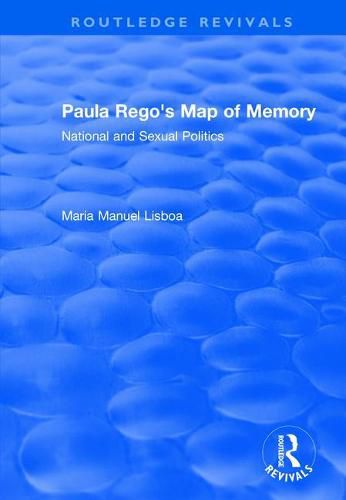Readings Newsletter
Become a Readings Member to make your shopping experience even easier.
Sign in or sign up for free!
You’re not far away from qualifying for FREE standard shipping within Australia
You’ve qualified for FREE standard shipping within Australia
The cart is loading…






This title was first published in 2003. The artist Paula Rego was born in Portugal but has lived in Britain since 1951. In this well-illustrated book, Maria Manuel Lisboa explores the background behind Rego’s decision to leave the land of her birth and, in doing so, provides fascinating insights into Rego’s persistent portrayal of uneasy and predatory relations between men and women. Looking back over the national, religious and sexual politics of Portugal during Rego’s childhood under the shadow of the Salazar dictatorship and subsequently, Lisboa locates the origins of the artist’s preoccupation with power and powerlessness, violence and abuse within the political and ideological status quo of Portugal, past and present. Lisboa’s clear and thoughtful analysis offers an ambitious contribution to the study of patriarchy, Catholicism and Fascism and their expression in the work of this artist.
$9.00 standard shipping within Australia
FREE standard shipping within Australia for orders over $100.00
Express & International shipping calculated at checkout
This title was first published in 2003. The artist Paula Rego was born in Portugal but has lived in Britain since 1951. In this well-illustrated book, Maria Manuel Lisboa explores the background behind Rego’s decision to leave the land of her birth and, in doing so, provides fascinating insights into Rego’s persistent portrayal of uneasy and predatory relations between men and women. Looking back over the national, religious and sexual politics of Portugal during Rego’s childhood under the shadow of the Salazar dictatorship and subsequently, Lisboa locates the origins of the artist’s preoccupation with power and powerlessness, violence and abuse within the political and ideological status quo of Portugal, past and present. Lisboa’s clear and thoughtful analysis offers an ambitious contribution to the study of patriarchy, Catholicism and Fascism and their expression in the work of this artist.